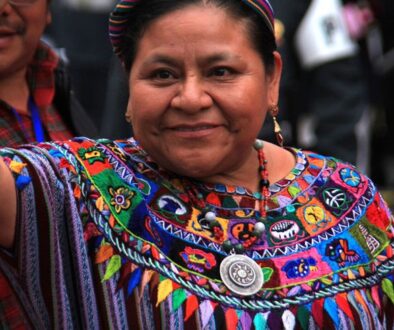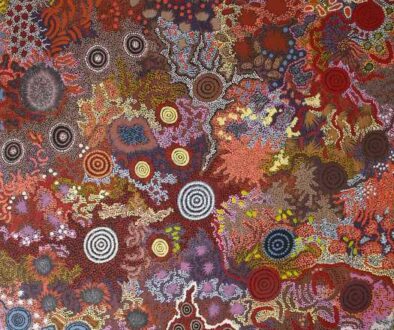Lao Tse
Hua Hu Ching
A superior person takes care of the well-being of all things. He does so by accepting the responsibility of the energy he manifests, both actively and in the subtle realm. When he looks at a tree, he does not see an isolated phenomenon, but roots, trunk, water, earth and sun: each phenomenon related to others, and the tree emerging from that state of relationship. Looking at himself, he sees the same thing. Understanding these things, he respects the earth like his mother, heaven like his father, and all living things like his brothers and sisters. Taking care of them, he knows that he takes care of himself. Giving to them, he knows that he gives himself. In peace with them, he is always at peace with himself.
Reference
Hua Hu Ching (in Chinese: 化 胡 经 / 化 胡 经, pinyin: Huàhújīng; Wade-Giles: Hua Hu Ching), abreviation of Taishang lingbao Laozi huahu miaojing (太上靈寶老子化胡妙經 ) a Daoist text compilated in the 4th century by Wang Fu, a Chinese Daoist, but traditionally atributed to Lao-Tse.




